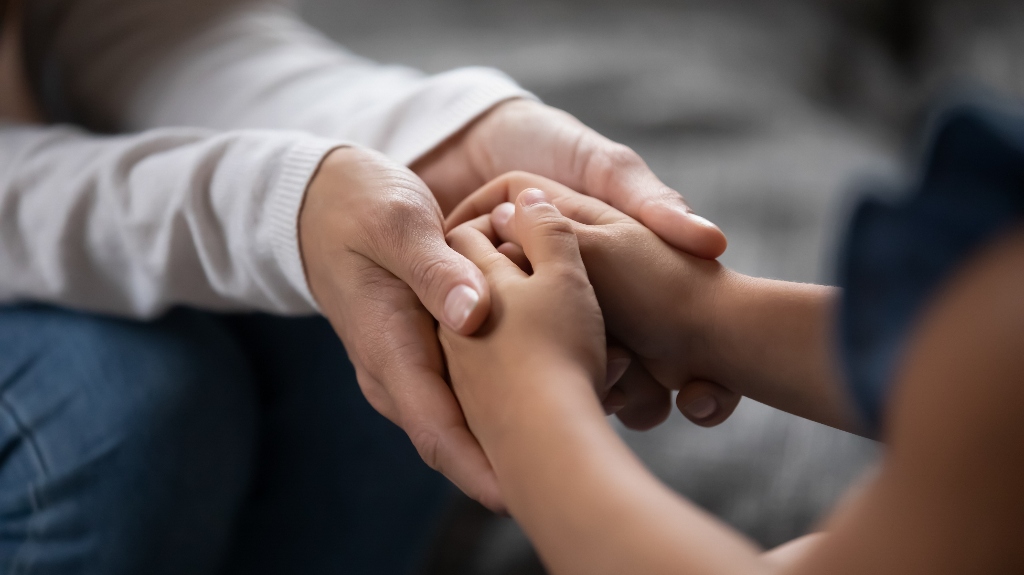At 29th and Law, PC, we believe that being an attorney means finding practical and compassionate solutions to complex legal issues, especially when it comes to children. One of the most difficult aspects for families involved in Child in Need of Protection (CHIPS) cases is deciding whether a child’s placement away from home is voluntary or not.
It’s crucial for parents and guardians to understand the difference between voluntary and involuntary placements in child protection, as they have different legal implications and consequences. Let’s explore these two types of placements in more detail.
What Are CHIPS Cases?
Before exploring the different types of placements for children, it is important to understand the essence of CHIPS cases. These legal processes are initiated when children are considered to be in danger due to abuse, neglect, truancy, or other factors that threaten their safety and well-being. The court works with families to create a plan that focuses on the child’s safety and, if possible, promotes reunification.
If it is not safe for a child to remain at home, they may be placed in foster care or another appropriate living arrangement. This can happen voluntarily or involuntarily, depending on the situation.
Voluntary Placement
A voluntary placement is when a parent or guardian agrees that their child requires temporary care outside the home. This may happen during a crisis, such as a medical emergency, housing instability, or a mental health concern. The family may request assistance from county child protective services to provide this care.
In this situation, the parents retain legal custody of the child, and there is no formal court order to remove them from home. Placement is usually arranged through social services agencies, rather than the court system.
While voluntary placements can provide much-needed assistance, parents should be aware that ongoing involvement with the child protection system could lead to a formal CHIPS petition if the situation does not improve.
Involuntary Placement
An involuntary placement occurs when a court determines it is necessary to remove a child from their home without the consent of their parents. This typically happens after a formal investigation by child protection services and a petition filed by the county attorney.
During these cases, a judge holds a hearing to assess if the child’s safety is at risk. If removal is deemed necessary by the court, the child may be placed in foster care or another approved setting. While parents have legal rights to challenge decisions and participate in legal proceedings, involuntary placements are subject to increased oversight under state law, including regular court reviews and attempts to reunite families.
Key Differences Between Voluntary and Involuntary Placements

The main differences between voluntary and involuntary placements are related to parental consent, legal custody, and court involvement. In a voluntary placement, a parent agrees to the temporary care of their child outside the home, usually due to a crisis situation. The parent retains legal custody and no court order is required. These arrangements are typically made directly with social service agencies and involve minimal or no court oversight.
An involuntary placement occurs when a child is removed from their home without the parent’s consent. This happens after a CHIPS petition has been filed and the judge determines that the child is at risk. Legal custody may be granted to the state, and the court will play a role in monitoring the case, setting deadlines, and ensuring progress towards reunification.
Both types of placements seek to protect children, but involuntary placements involve more formal legal proceedings and structured efforts to reunify families. It is important to understand these distinctions when dealing with CHIPS cases and making decisions regarding your family.
Contact 29th and Law, PC Today
If you are involved in a CHIPS case or are considering voluntary placement for your child, please do not navigate the system alone. At 29th and Law, PC, we provide compassionate and experienced representation for families in Fergus Falls and throughout Minnesota.
We believe in finding practical solutions, advocating respectfully, and protecting what is most important – your family. Contact us today for a free consultation and let us guide you through the child welfare process with clarity, dignity, and support.

